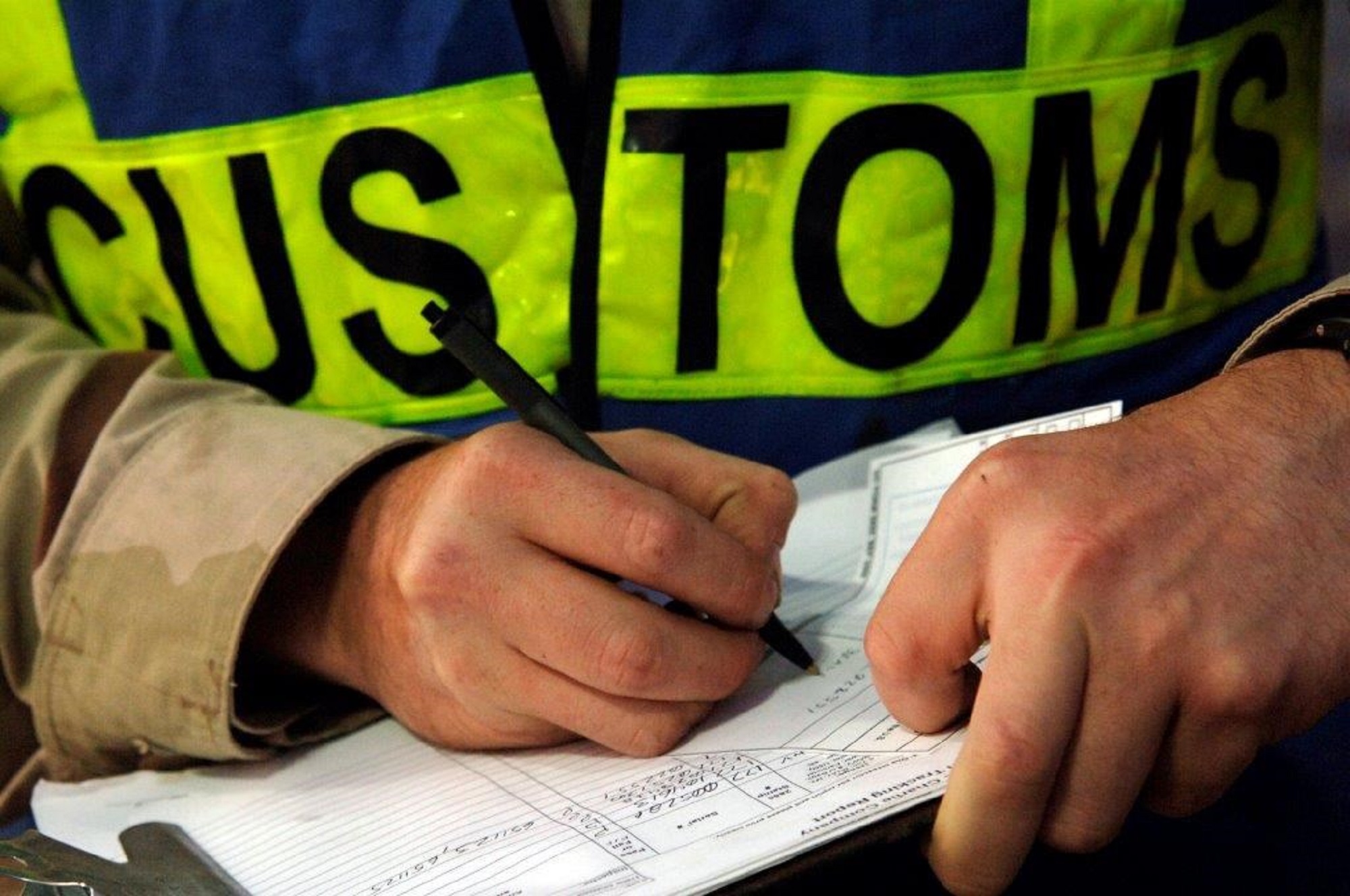Companies are always searching for possibilities to innovate and expand their business activities. Selling through a platform such as Amazon is appealing for companies which sell goods to a large number of different customers. This will increase the potential sales market and the platform will take care of the storage and distribution of the products. The platform will however not arrange the VAT obligations, the company will always be responsible for its own VAT obligations. Make sure that your company is compliant!
How does it work?
While making use of a platform in Europe, your goods will likely be stored in different EU countries. For example when making use of Amazon’s ‘Pan-European FBA’ the goods will be stored in warehouses across several EU countries (for example in Germany, Italy, France, Spain). If the company sells a product to a customer, the goods are transported from one of those warehouses to the customer. Since the company will remain the owner of the goods until they are sold to the customer, this will trigger VAT obligations in multiple EU countries.
VAT obligations
If goods are stored in an EU country and sold to a customer, this sale is subject to VAT. In principle this sale needs to be reported in the VAT return of the EU country in which the transport starts. Since Amazon can move the goods at their own discretion, this will (in the above described situation) lead to VAT registrations in all EU countries followed by VAT reporting obligations in all EU countries.
In principle a sale is subject to VAT in the country in which the transport starts, however when selling B2C this is only applicable if the threshold for distance sales is not exceeded. After exceeding the threshold of an EU country the sale is subject to VAT in the EU country of arrival of the goods. This could lead to VAT obligations all EU countries.
Amazon is cooperating with local tax authorities and can provide details related to sales from third parties (for example in France is this obligated). Therefore, various tax authorities within the EU could have knowledge about your business activities. Being compliant is of essence in order to avoid issues with the tax authorities. Assessments following non-compliance may also include (substantial) penalties and / or interest, and could seriously jeopardize your margins.
E-commerce changes 2021
As of July 1, 2021 the EU VAT rules for e-commerce businesses will drastically change. The main goal of the new legislation is to create a level playing field and to simplify the VAT reporting obligations for e-commerce businesses. The new rules will not only affect the VAT position of a company. The changes must be identified through the entire business chain, involving not only the financial administration but also for example legal and IT.
If you have any questions or if you would like to discuss your e-commerce business activities, please contact us.
This content was published more than six months ago. Because legislation and regulation is constantly evolving, we recommend that you contact your Baker Tilly consultant to find out whether this information is still current and has consequences (or offers opportunities) for your situation. Your consultant will be happy to discuss the latest state of affairs with you.





